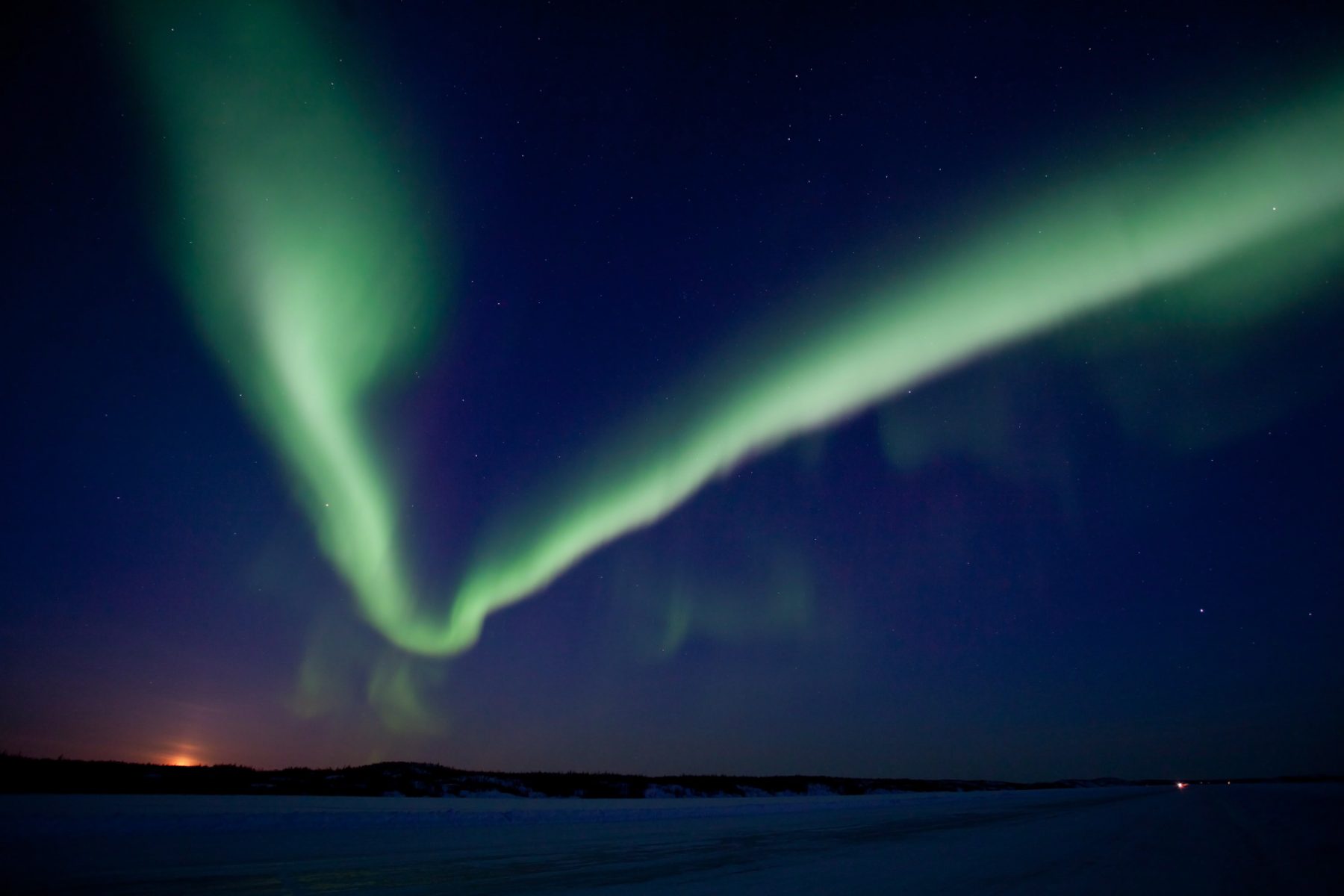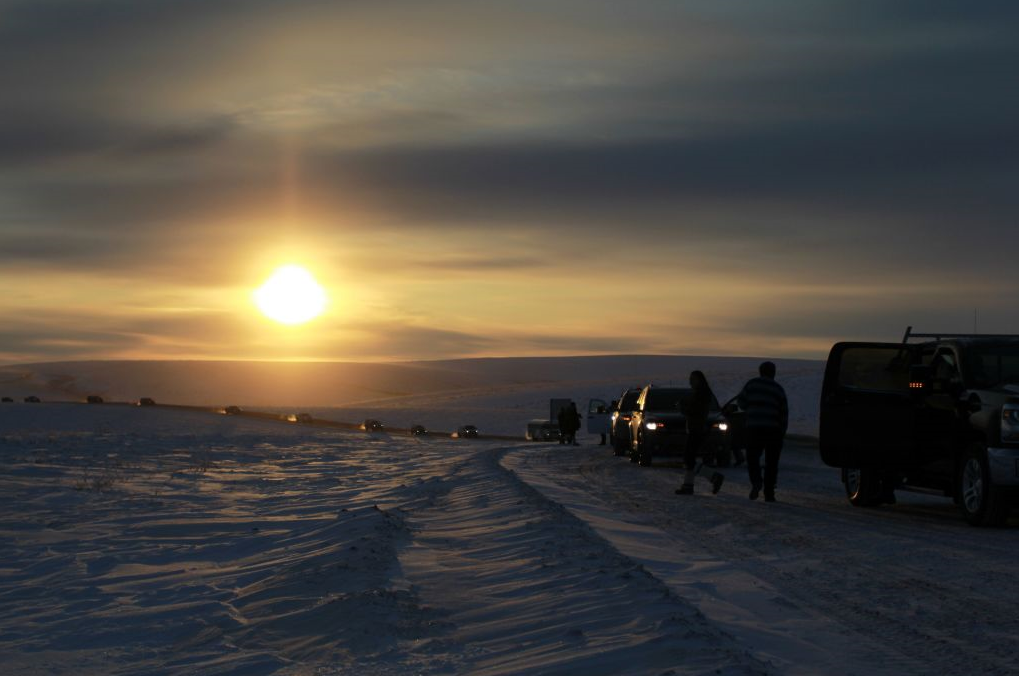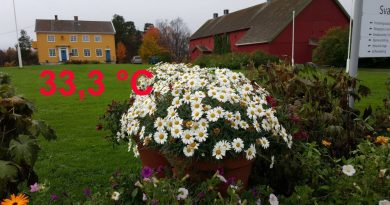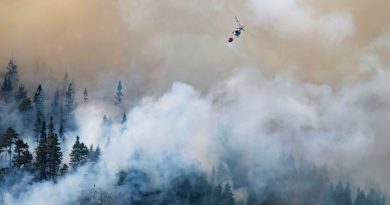Tourism numbers in Canada’s Northwest Territories up 7 per cent

Visitors to Canada’s Northwest Territories (NWT) numbered 120,000 people from April 2018 to March 2019, a 7 per cent increase from the previous year.
The numbers were announced on Thursday during the 2019 NWT Tourism Annual General Meeting (AGM) and Conference in Yellowknife which took place from November 5-7.
“The record breaking tourism numbers reflect the hard work of the Northwest Territories tourism industry: the tour operators, the marketing agencies, the welcoming communities and multiple levels of governments,” said Katrina Nokleby, the NWT’s minister of industry, tourism and investment, in a news release on Thursday.
According to government, tourism to view the aurora borealis had annual growth of 19 per cent both in terms of visits and money spent.
Tourism around hunting and fishing grew 23 percent in terms of visitors. Spending increased 20 per cent around fishing and 23 per cent around hunting.
Visits to the Inuvik-Tuktoyaktuk Highway, an all-weather 138-kilometre road that opened in 2017 joining the Arctic town of Inuvik with the hamlet of Tuktoyaktuk on the Beaufort Sea, increased by ten per cent.

Canadian still make up the largest number of visitors to NWT (81,000 or 69 per cent of total visitors), followed by visitors of China 19,400 or 17 per cent of total visitors.
Spending growth
In the 2018-2019 fiscal year, NWT visitors spent more than $210 million according to the news release, a three per cent increase from previous years. The territory’s Tourism 2020 strategy had targeted “growing the industry to $207 million by 2021.”
“As we continue to see growth, new opportunities are arising and the Government of the Northwest Territories will continue to ensure our residents benefit from tourism industry growth,” Nokleby said.
Write to Eilís Quinn at eilis.quinn(at)cbc.ca
Related stories from around the North:
Canada: Inuit association in Canada’s eastern Arctic to levy fees on tourism operators, Eye on the Arctic
Finland: Northern Finland’s tourism industry divided over flight tax proposal, Yle News
Iceland: Arctic tourism in the age of Instagram, Eye on the Arctic special report
Norway: Antarctic-to-Arctic ultra-luxury cruise announced for 2022, The Independent Barents Observer
Russia: Russian Arctic National Park director aims to boost tourism, The Independent Barents Observer
Sweden: Weak Swedish currency gives foreign tourists more spending power, Radio Sweden
United States: When the ice melts, what will happen to Arctic tourism?, Cryopolitics Blog



